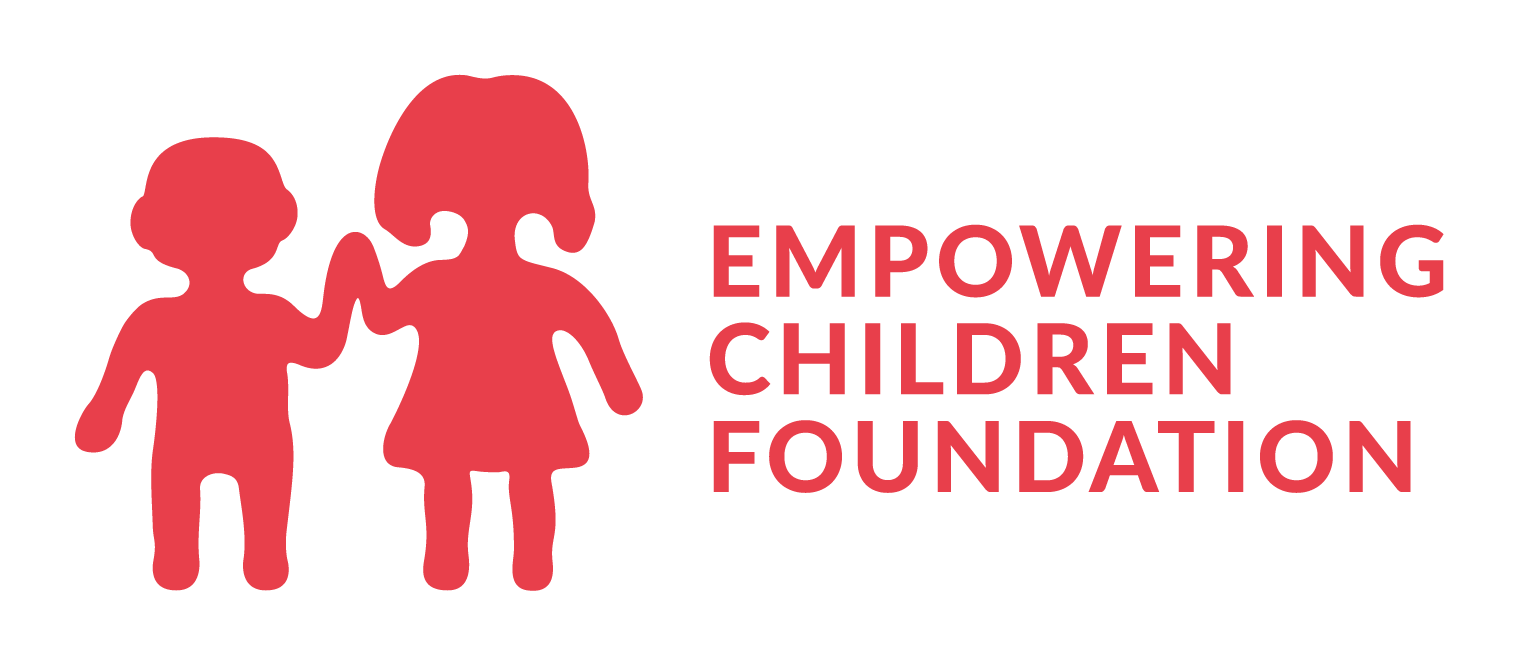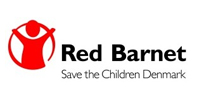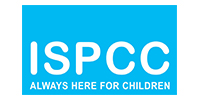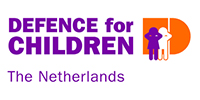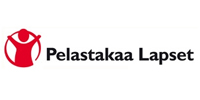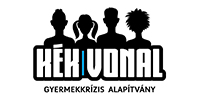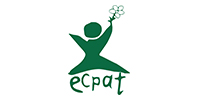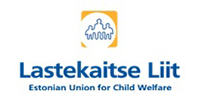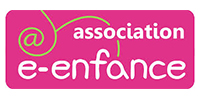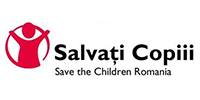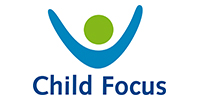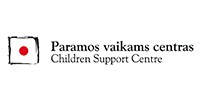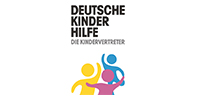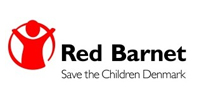IV eNACSO Members Meeting London, 26-27 June 2014
January 12, 2016eNACSO III project organized its fourth meeting in London on June 26-27, 2014.
The goal of the event was to broaden the discussion on young people, their sexuality and their use of new media, a topic already tackled during the second members’ meeting in February (http://www.enacso.eu/activities-2). To this end, eNACSO invited a number of experts that helped us to consider this issue from different perspectives, including the educational one.
The reason why the network has decided to widen the discussion on the topic of sexualization and new media is because it has become quite clear that young people use these tools to explore, find information or, in a word, experience their sexuality. There is nothing odd or unusual about this, given the fact that young people and children are so intimately involved in the new technologies. However, based on eNACSO members ‘experience in the field, a number of issues spring up when we look at how young people may behave online in relation to this sphere. Negative consequences such as, sexual bullying and violence among peers or online sexual abuse from adults and peers, are just few of the experiences children and young people are reporting to organizations and researchers working with them.
It would be, therefore, important to not only tackle and work to prevent these different forms of violent behavior, but also do whatever we can to make sure children’s and young people are equipped with the relevant and useful information they need to develop effectively their own sexuality. This is a crucial issue, and a number of research studies and discussions are being pursued on this matter at both national and European levels.
As an advocacy network, in order to identify where to intervene at policy level we need to analyse the existing situation at macro and micro levels. eNACSO needs firstly to develop a clear vision and position to be able to detect the strategies that will be applied to achieve the policy goal while simultaneously forging alliances.
This meeting represented an opportunity for the network to initiate this process.
The selected experts have studied and are still researching the implications for children, young people in relation to their sexuality and the new technologies from a variety of perspectives. They were asked to share their experiences in relation to what problems children and young people are facing in this area; what evidence they have collected, what are the root causes behind the current situation and, finally, their opinion on what is the best approach to solve these problems as well as who should be responsible to make the change happen.
Moreover, the agenda of the first day included some slots to discuss about the advocacy strategy to disseminate the findings of eNACSO latest Policy Paper, “When Free Isnt’- Business, Children and the Internet. The transition from eNACSO III to eNACSO IV was the main discussion topic of the second day.
The event gathered 22 participants in total: 15 representatives of members\associates NGOs; 4 experts and representatives of the academia; 4 people from the eNACSO secretariat.

 Funded by the European Commission
Funded by the European Commission

